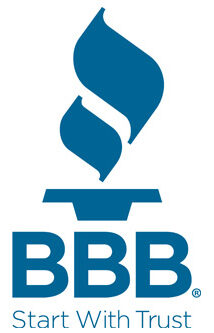The Better Business Bureau Warns People to Avoid Business Scams
The Better Business Bureau (BBB; www.bbb.org) recently warned people to avoid business scams after Shark Tank investor Barbara Corcoran told PEOPLE magazine she was scammed out of nearly $400,000. The BBB reports that she is not alone. Business email compromise scams have cost business owners and other organizations more than $3 billion since 2016.
Business email compromise (BEC) fraud is an email phishing scam that typically targets people who pay bills in businesses, government, and nonprofit organizations. It affects both big and small businesses, and it has resulted in more losses than any other type of fraud in the U.S., according to the Federal Bureau of Investigation.
Last fall, BBB did an in-depth investigative study on the prevalence of BEC scams and the scope of the problem, who is behind it, and what can be done to stop it. BBB urges businesses and other organizations to take technical precautions, such as multifactor authentication for email logins and other changes in email settings, along with verifying changes in information about customers, employees, and vendors.
The report also urges culture and training changes in organizations, namely, confirming requests by phone before acting, and training all securities in internet security.
Read more about the scam on the Better Business Bureau’s website, BBB.org/scamstudies, and learn what to do if your business has lost money.

